
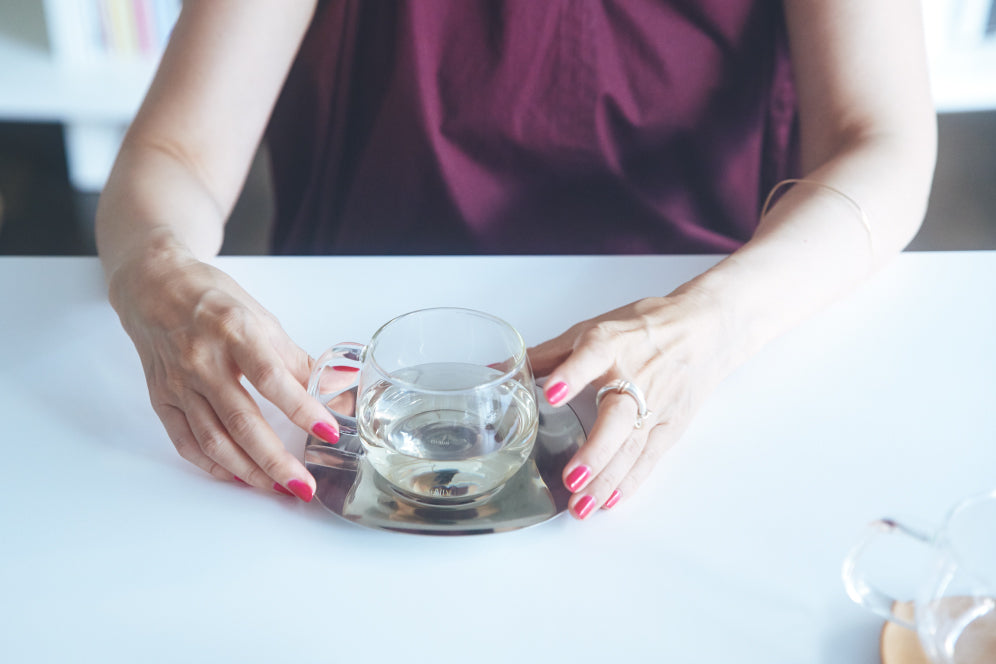

Fumie: For UNITEA, I try to stay close to the real everyday context of how it might be used (I use it myself a lot actually). The design is mine, but at the same time it isn’t. During the process I am very conscious that it is going to be part of someone else’s life. The resulting creation will inevitably reflect my sensibilities, but that is my approach.
- I think the gentle curves in your designs have a soothing effect on the user.
Fumie: That’s a real compliment. But funny enough I don’t actually intend to create “gentle” shapes. In fact, there is a part of me that wants to create something different every time, that seeks new expressions, and I sometimes toy with the idea of using sharp angular lines. But it just doesn’t turn out that way. In design, I think that trying to create something “different” is superficial. When you really dig and think deeply, the ego disappears. I focus on the utility and the material, and the curved forms naturally come together.
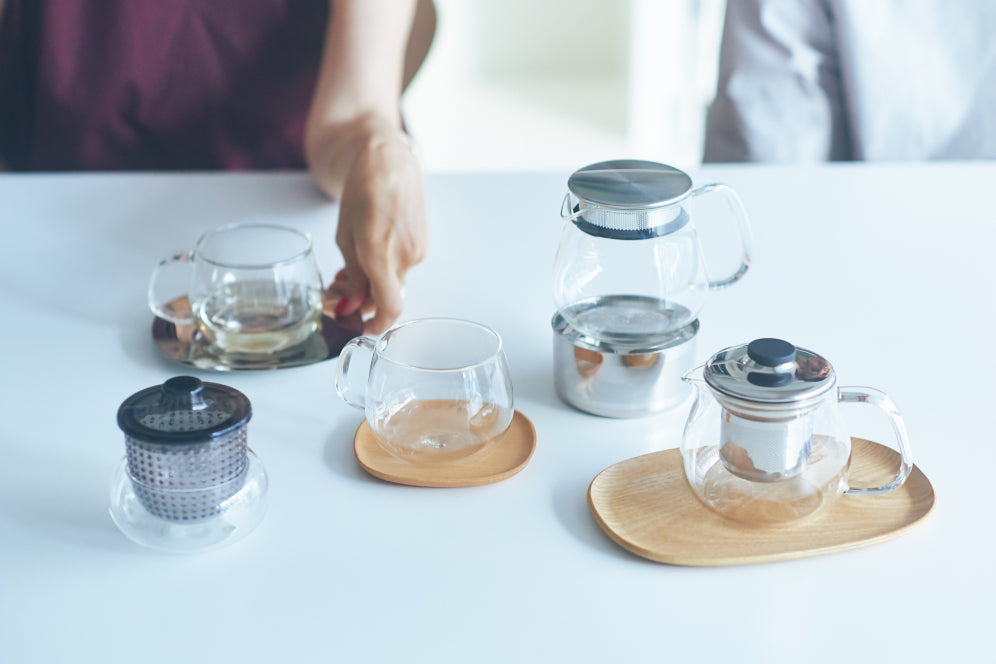

Fumie: That’s a very difficult question. But I believe a designer must not only present shapes and functions, but also advocate the idea that there is more than one way of life.
There’s pleasure in luxury items; in simple plain objects; and much in between. In the past happiness was measured by money and possessions. But I think people have realized that having many things doesn’t necessarily make you happy.
I for one believe it’s an important part of the designer’s job to suggest different forms of happiness through design. That means creating new vectors of happiness. With UNITEA it was a new way of using glass: I used design to present a perspective that had not been previously explored.
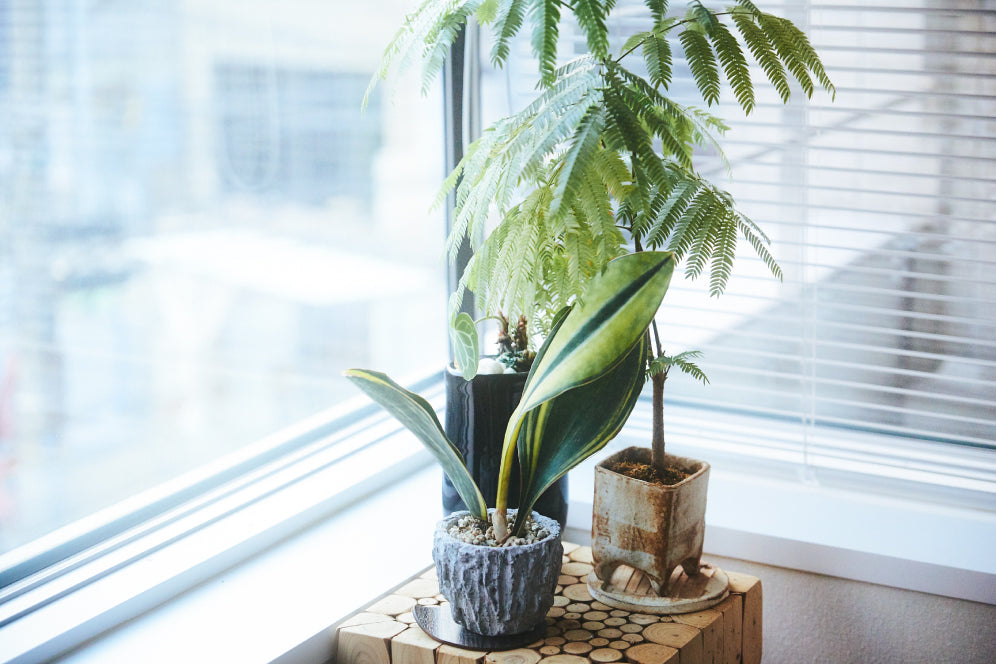
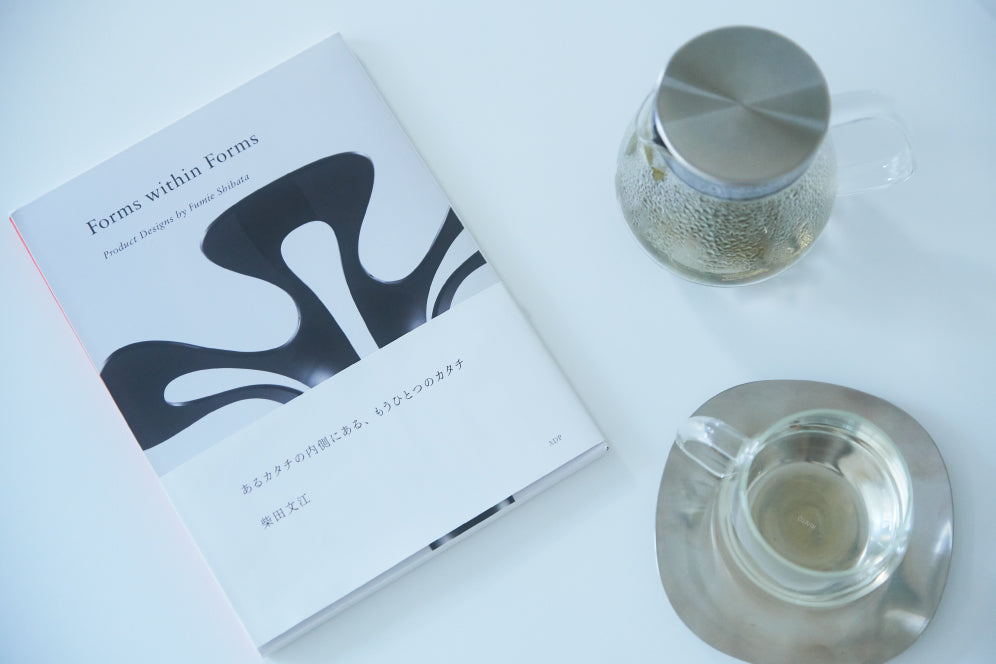
Fumie: I think that in today’s world, you don’t start with a definition of a “good design.” It’s more of an empirical approach. As protagonists of our own lifestyles, we are each of us searching for “good designs.” There used to be trend-setters who would show us the grand scheme and the world would follow. But in the age of the internet, anyone can commend or question a design. It is no longer up to the experts, but up to all of us to determine what is a good design from the ground-up.
This means we need put our heads together and keep thinking about what makes a “good design.” The future lies in collective thinking and continuous improvement. It’s a bit of a circular zen dialogue, but I think that “good design” is everyone being involved in the pursuit of a good design.
DESIGNER PROFILE
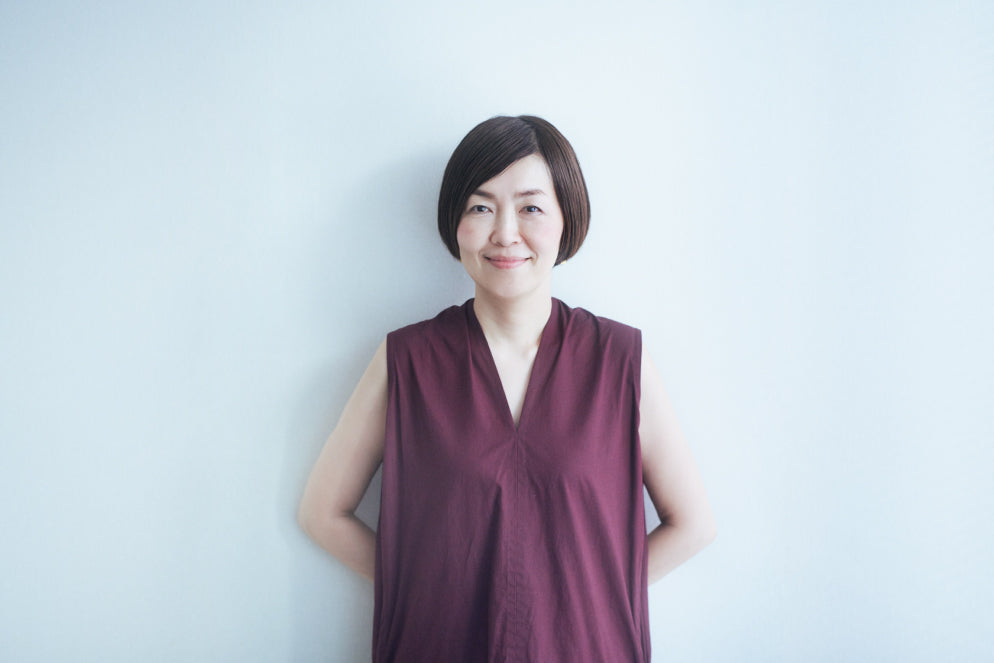
Fumie Shibata
Product Designer / Representative of Design Studio S
Fumie Shibata is an industrial designer with a diverse portfolio ranging from electronics and everyday products to medical devices. Her talents extend to the creative direction of a hotel. Some of her best-known creations include “Beads Sofa” by MUJI, “Kenon-kun” thermometer by Omron, “9h ninehours” capsule hotel, “acure” next-generation vending machine by JR East Water Business, kitchen knives by TADAFUSA, “buchi” wooden toys by Sakai Kogyo K.K. Fumie is a professor at Musashino Art University, and is also the author of “Forms within Forms” (ADP).
